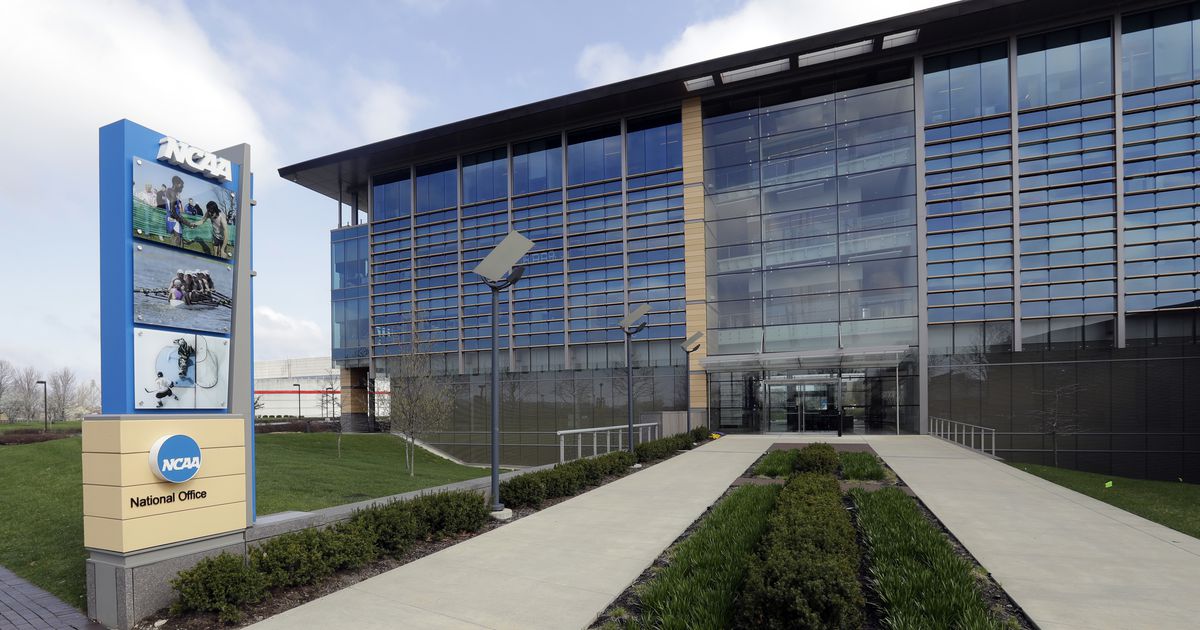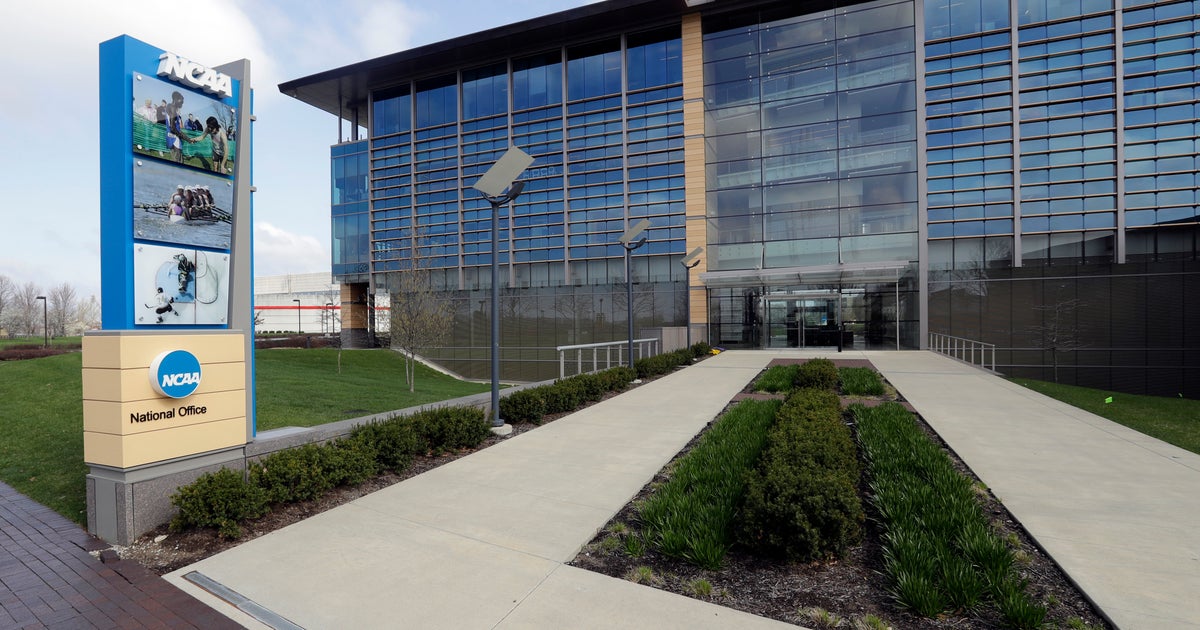AP-NORC poll: 66% favor endorsement money for NCAA athletes


As the NCAA grapples with how to provide athletes opportunities to be compensated for their fame, about two-thirds of Americans support college players being permitted to earn money for endorsements.
That’s according to a new poll from The Associated Press-NORC Center for Public Affairs Research. Support for the NCAA allowing college athletes to cash in on their names, images and likenesses is especially high among young adults, as well as black Americans and Hispanics, though majorities of white Americans and older adults are also in favor.
NCAA officials and college sports leaders broadly agree, too.
“The opinions of the public in general are very important because they are reflected in the attitudes of universities, who are the ones that actually make the rules,” NCAA President Mark Emmert told AP.
How to make this work within the current framework of college athletics while also guarding against corruption in recruiting is what they are trying to sort out.
“That’s the challenge that we have,” Atlantic Coast Commissioner John Swofford said.
The NCAA board of governors voted in October to permit athletes to benefit from their names, images and likenesses, and directed its 1,100 member schools to have legislation ready for implementation by January 2021.
The vote came a month after California Gov. Gavin Newsom signed into a law a bill that would make it illegal for colleges in the state to penalize athletes for taking money for endorsements.
That law is scheduled to go into effect in 2023, but it sparked a flurry of activity in other states to adopt similar legislation. Lawmakers in at least 20 other states have said they want to pass similar bills — some with the goal of having laws in place later this year.
“You can’t have multiple state regulations and compete for the same championships nationally and within the same rules nationally,” Swofford said.
The NCAA has turned to federal legislators for help. Democratic Sen. Chris Murphy of Connecticut and Republican Sen. Mitt Romney of Utah have started a congressional working group to examine college athlete compensation and related issues. Emmert met with them last month in Washington and has said he believes federal legislation that sets national parameters for what is permissible compensation for athletes seems likely.
“I started talking about the inequities in college sports almost a year ago, and now we’re on the cusp of significant reforms with bipartisan backing that put college athletes’ rights front and center,” Murphy said in a statement to the AP. “This kind of strong public support will continue to spark much needed change, and it’s clear the groundswell of support for athletes is growing.”
Emmert and other college sports leaders say they are concerned about allowing college athletes to enter the free market with no restrictions on how and by whom they can be paid for endorsements.
But, Emmert told AP, public opinion has helped drive home the need for change.
“We do, indeed, need to make this work with students playing students. Not having an employee-based model. Not blowing up what’s so good about college sports right now,” Emmert told AP. “The concern about the large, strong public opinion voice like this is that in a federal or state legislative process — and I believe we’re seeing this in the state legislative process — it can overwhelm the need for a thoughtful approach.”
Public opinion seems to be with Emmert on not turning college athletes into professionals.
Compared with broad support for college athletes receiving endorsement money, only 38% said colleges and universities with major athletic programs should give athletes a salary.
The poll did find 52% of Americans believe college athletes should receive a cut of the millions of dollars the NCAA, conferences and schools make annually from media rights deals involving football and basketball.
For example, the latest NCAA’s contract extension with CBS and Turner pays $8.8 billion over eight years for the rights to broadcast the men’s basketball tournament.
Forty-six percent also said athletes participating in major athletic programs should be provided additional spending money.
Athletes already receive a stipend that covers the true cost of attending college, an amount determined by federal guidelines. Those stipends vary by school and generally fall between $2,000-$5,000 per year.
Asked for their opinion of the NCAA, most Americans were ambivalent. Only 14% said they held a favorable opinion of the association and its hundreds of schools competing in three divisions of sports. But only 17% said they held an unfavorable opinion of the NCAA.
Another 21% expressed neither a favorable nor unfavorable opinion of the NCAA, and 47% said they did not know enough to say.





